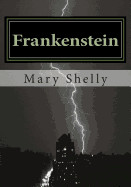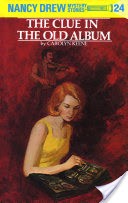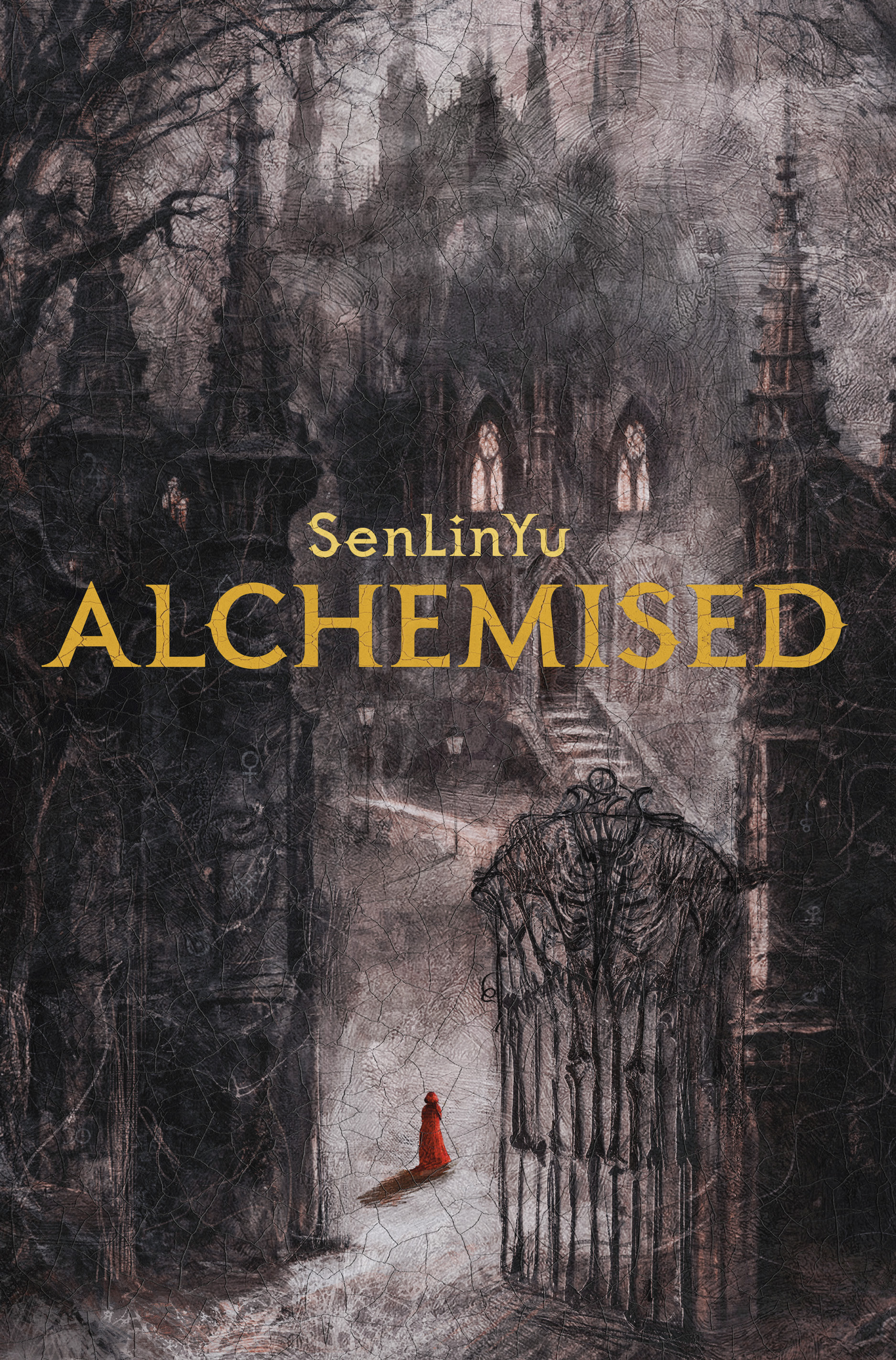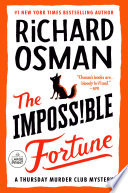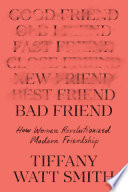
This personal and historical exploration of women‘s friendships was a challenging and consoling read—and an unexpected yet loving reality check, while I‘ve been suffering from a life-upturning rupture with a best friend. In Bad Friend, cultural historian Tiffany Watt Smith not only traces how women‘s friendships have evolved in the human imagination across centuries, but confronts a legacy of impossible ideals that turns us all into bad friends.
Ruthiella Sounds interesting. I have a couple of friendships that are going through some evolutionary changes as we enter our golden years - not something I could have even conceptualized as a teenager or twenty-something when we first met. 1mo
29 likes1 comment







